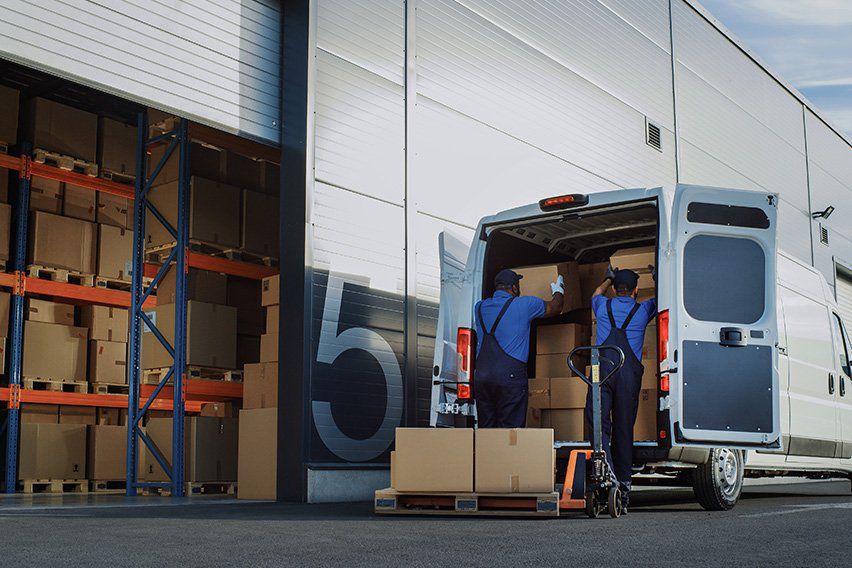Starting a manufacturing business can be incredibly challenging. If you add starting your own brand on top of it, then you will need a lot of startup capital and a lot of time before launching the company.
That’s why some people get into manufacturing and work with brands to make products for them instead of building their own brands.
These days, a lot of brands are interested in white-label and private-label manufacturing. That’s why more and more manufacturers are entering these two markets around the world to take advantage.
If you’re starting a manufacturing business but don’t want to create a brand, then you should also consider private-label or white-label manufacturing.
Here is a guide to help you understand what white-label and private-label mean so you can choose the best option for your business.
White Label
In white-label manufacturing, the manufacturer has control over the product. As a white-label manufacturer, you can create certain products with specific characteristics, ingredients, or components for a particular industry.
When you have this product, you can find retailers who want the product but with their own brand name on it instead of your manufacturing company’s name. This would be white-labeling or white-label manufacturing.
The retailer won’t have any say in how the product is manufactured and they can’t tell you to change anything about the product. Moreover, you can sell the product to anyone and everyone you want to sell it to with their own brand names.
For instance, you have a manufacturing business for beverages and have all the best equipment to create the beverages, the right packaging equipment, and the best pump liquid filling machines. You can have 50 different retailers buying those identical beverages from you with their individual names on the products
Once you sell the products to the retailers, you don’t retain any trademarks or rights to say that product is yours.
Private Label
Private-label manufacturing can be seen as being similar to white-labeling in many ways.
With private labeling, you still don’t have any rights over the products because you put your client’s brand name all over them. However, private-labeling is not about generic products like white-labeling.
Here, your clients will give you instructions that detail the specifics of the product. Obviously, you will only accept contracts with clients in the industry you operate. For instance, you can’t manufacture mugs if you have the setup for a beverage manufacturing business.
With private labeling, you cater to the needs of one customer, and you can’t sell your other customers that same product. Your customer will have rights over their design, ingredients, or specifications. Therefore, the private labeling products are unique and the retailers get a competitive edge with these products.
Conclusion
While there are manufacturers that only handle white-label clients and those that only take private-label orders, you can look into doing both at the same time if your operations can handle it.
If you can create a product in demand, and find retailers who want it, then you can get into white labeling. Otherwise, you only need to provide your manufacturing capabilities with private labeling.
Keep in mind, there is more money in private-label because of the uniqueness. But, you might have more customers with white labeling.


More Stories
Versatile Universal Load Cell for Aircraft Weighing – MODEL: UNV, UNV-C
Why Hiring A Content Writer For Your Website Is A Smart Concept
Brazilian Hardwood Decking: The Ultimate Outdoor Solution